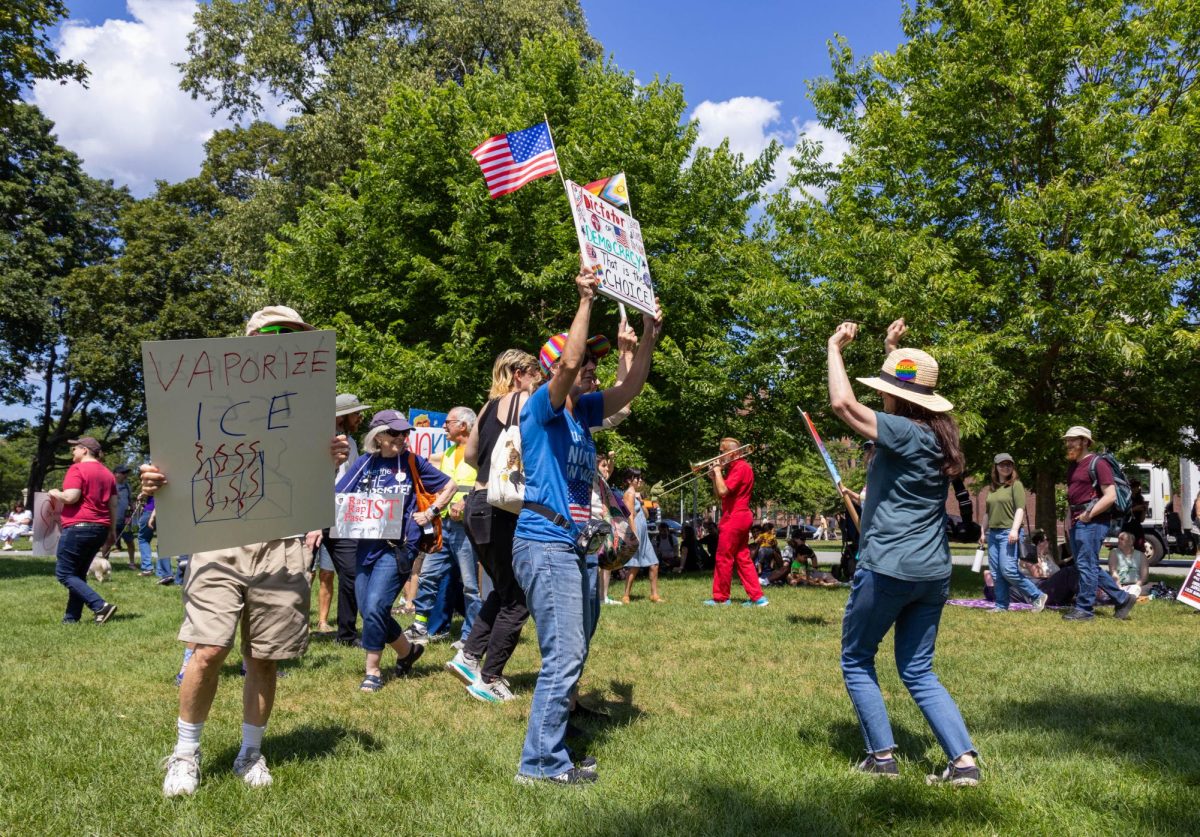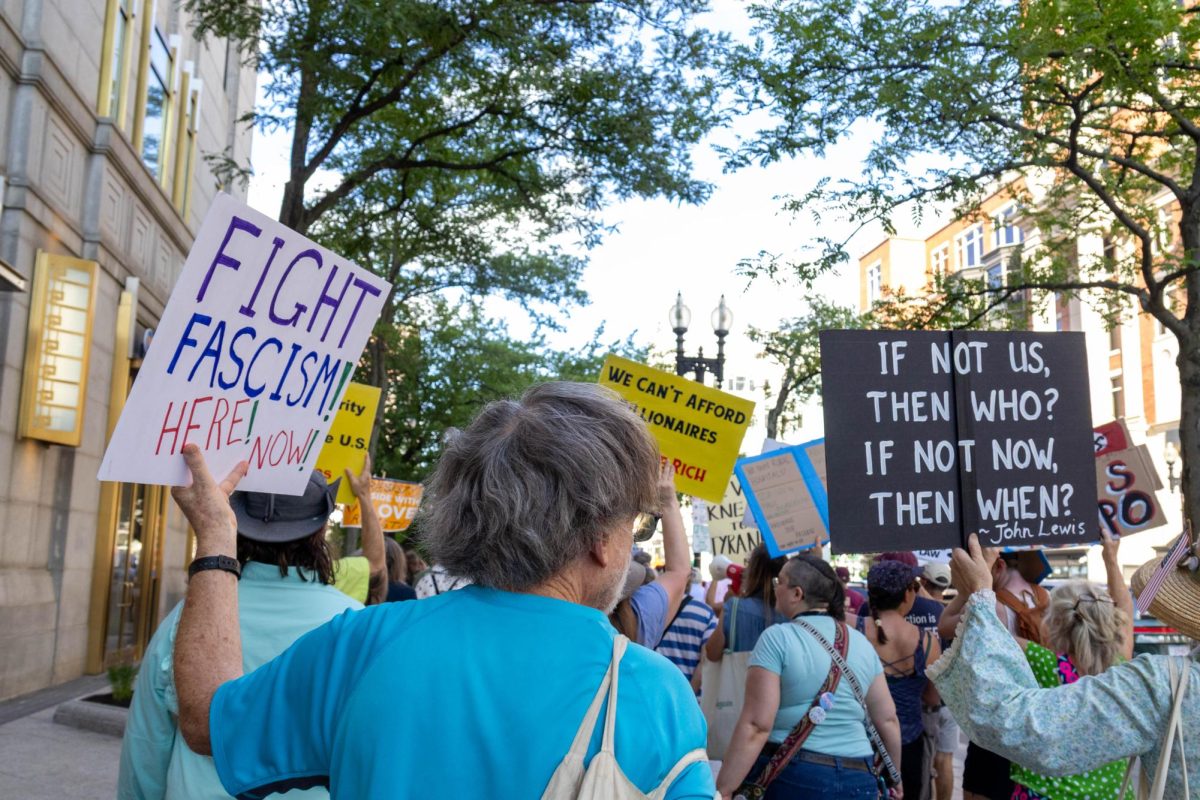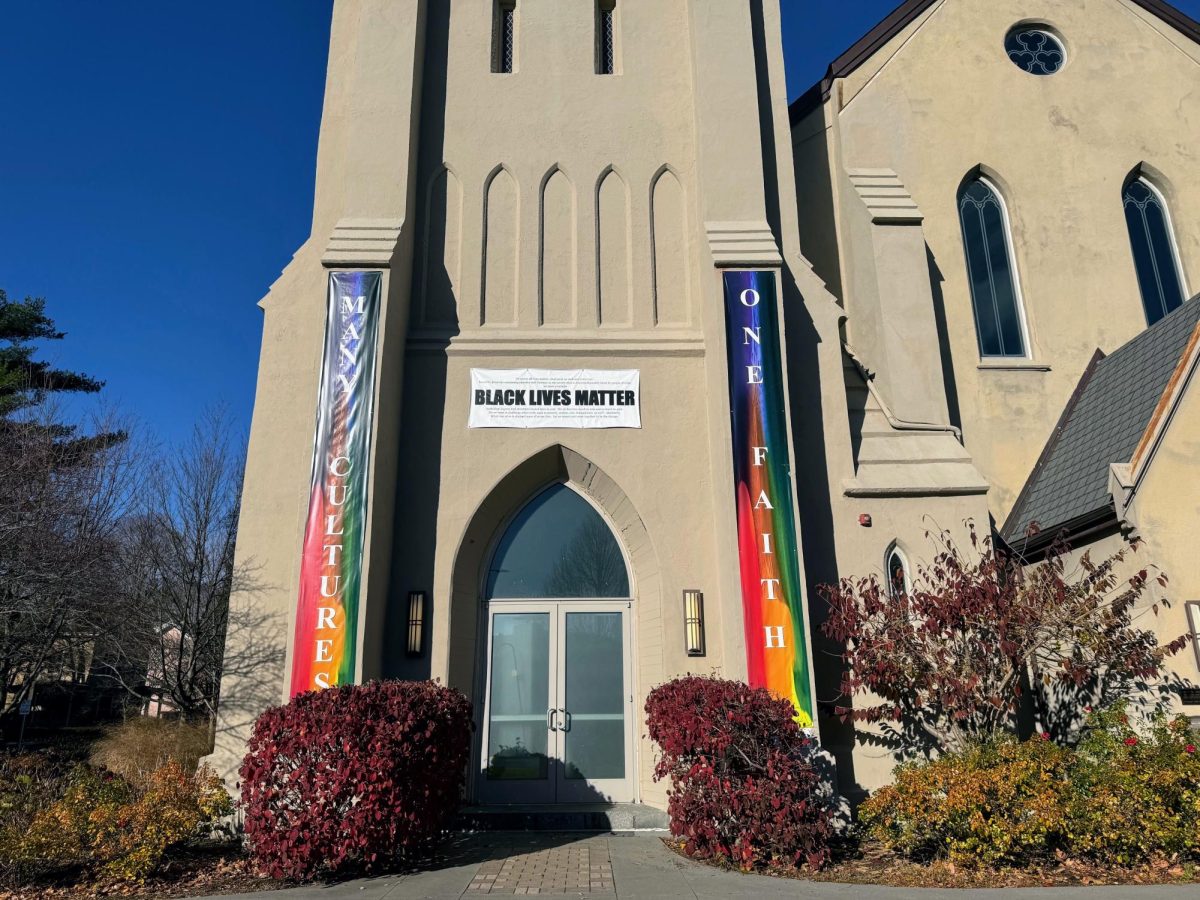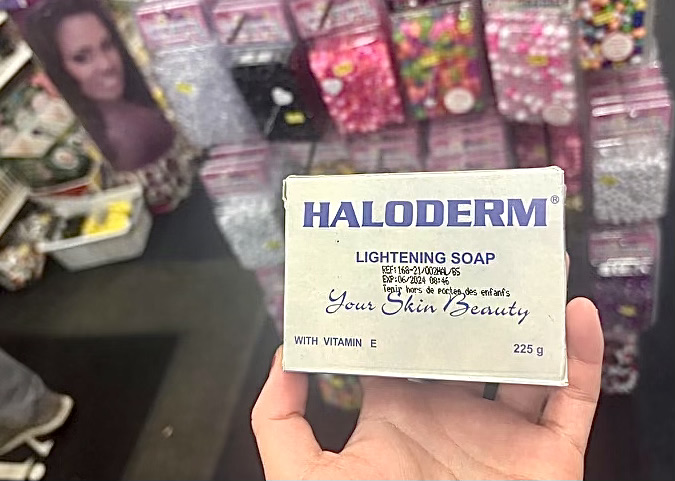By Paxtyn Merten
Darrin Howell had worked in office and administrative jobs since he was 16. But after he was arrested and sent to jail at 21, he could no longer get those same jobs because he had a criminal record. When he returned to the workforce, he turned to industrial, janitorial, and warehouse work to get by.
“After I got out of jail, I had a record and a resume,” Howell, now 35, said. “But, in ‘Corporate America,’ the record trumped the resume. ‘Corporate America’ wasn’t friendly to records. I had to do jobs that I was completely overqualified for.”
Howell had been charged with several crimes, which he said included possession of marijuana, possession of a firearm, and assault and battery, all detailed in his Criminal Offender Record Information, or CORI, which contains a summary of a Massachusetts resident’s criminal cases within the state’s court system.
This record is available to employers and landlords and can make it difficult to find a job and get public housing.
But those with criminal records can get their histories sealed five years after being convicted of a misdemeanor and 10 years after a felony. In the Greater Boston Area, they can start the sealing process for free at so-called “CORI Sealing Days,” run by the Union of Minority Neighborhoods(UMN), an organization committed to engaging communities of color as active participants in democracy.
Horace Small, executive director of the union, said they host the events two or three times a year to inform people about the CORI sealing process and connect them with an attorney who can seal the CORI in court. Lawyers from Greater Boston Legal Services (GBLS), an organization which provides free legal assistance and representation, connect with clients at the events.
“We bring lawyers together, primarily the CORI Project at [GBLS], and they do the work for people,” Small said. “And people come. They learn about CORI, they get their questions answered, they get their paperwork done, and they get their lives back.”
After acquiring the CORI, the client and attorney can go to the appropriate court and request that the record be sealed, which is customarily approved by the judge. The entire court hearing takes approximately five minutes, Small said.
But those five minutes can make a lifetime of a difference for those who had a record.
After relying on industrial, janitorial, and warehouse work, Howell eventually landed an office job, only to be fired because of his criminal record. He was then referred to Chuck Turner, then a Boston city councilor, and a strong advocate for CORI reform.
Turner offered Howell a job in his office and Howell accepted.
“I was completely naive and ignorant to the job that I was even taking, but my goal was to network and stay connected with people who [were] in a position to keep me employed legally,” said Howell.
He worked for Turner for four years before running to be a state representative in 2010. After he lost the election, Howell landed his current job as a union organizer. He said he has been transparent about his criminal record and has used it as a means of connecting with constituents in his work.
“The CORI became the credibility for the work I was doing because I had life experience with those issues,” Howell said. “I was able to advocate from a personal standpoint of being able to say that, ‘I understand, here are some of the steps I ended up taking to increase my opportunities to become employed.’”
Howell said he sealed his CORI when his waiting period was up, but the action did not affect his employment; he primarily sealed his record to better understand the process so he could help others going through it.
A recent CORI Sealing Day in February attracted more than 100 people, Small said. His organization plans to hold another such event in June, before most Boston public schools begin summer vacation.
While the union does not charge people for these events, attendees are encouraged to contribute to their community and spend three hours per month helping those affected by incarceration. This, said Small, can mean, for example, playing basketball with kids at neighborhood parks and, in turn, helping make sure that recreation areas are safe.
“Obviously we can’t enforce it, but in the process of explaining this we also try to help people understand it was a community of people just like them who came together to fight for their freedom,” Small said. “One of the obligations you have as a functioning member of the community is that you have to give something back of yourself.”
GBLS provides additional services for people with criminal records through their CORI and Re-entry Project, which started in 2008 after the agency received many requests to resolve CORI issues, according to their website.
“We seal more cases than anybody else because other legal services don’t do much CORI sealing,” said Pauline Quirion, director of the CORI and Re-entry Project and lead attorney at the agency. “Other programs dabble in CORI to some degree, but the need is so vast because there’s mass incarceration and there are so many people out there with records.”
Quirion said the project focuses its efforts in Dorchester and Roxbury, but also regularly reaches out to other neighborhoods like Charlestown and nearby towns. Recent work with the New England Law School allows students there to draft paperwork, work on overflow records, and represent people in cases GBLS attorneys can’t attend, Quirion said.
Howell said that those with criminal records could have positive experiences like his, if given more opportunities.
“I didn’t do anything special, besides taking advantage of the opportunity presented to me,” he said. “Living life with CORI is possible. But in figuring out how, you need to establish a support network. You can’t do it alone.”







